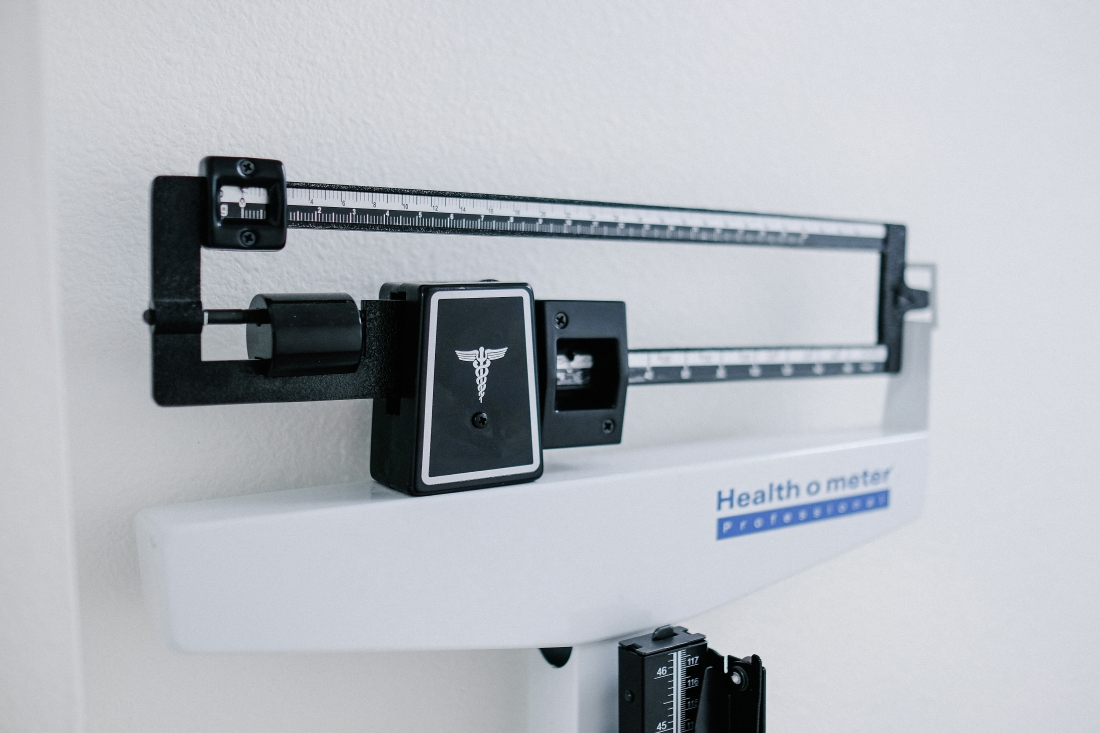Understanding a Perforated Eardrum
(what side should i sleep on with a ruptured eardrum) Also called a tympanic membrane perforation, a ruptured eardrum is a slit in the delicate tissue dividing the middle ear from the ear canal. This condition might be unpleasant and cause infections, transitory hearing loss, or other problems. Good sleep posture relieves pain and supports recovery.
If your eardrum is grated, which side should you sleep on?
Your symptoms and comfort level will determine the best side on which to sleep a ruptured eardrum. Some ideas supported by experts follow:
1. Rest on the Unaffected Part of Body
- If only one ear is affected, sleep on the opposite side to avoid applying pressure on the damaged ear.
- Fluids may drain unassisted in this posture, thereby lessening the likelihood of infection.
2. Slightly Raise Your Head
- Elevation of your head with an additional pillow can assist fluid to exit the ear and cut swelling.
- Health experts advise a slope of around thirty degrees.
3. Refrain from going to bed on the pained ear.
- Lying on the damaged side could entrap pus or dampness, hence elevating the danger of contamination.
- Direct pressure on the burst eardrum can decrease healing and aggravate agony.
Why sleeping posture counts for a ruptured eardrum.
Your recovery can be greatly different depending on your orientation during sleep. Sleeping on the incorrect side can result in infection, swelling, or more discomfort. Conversely, good sleep alignment will increase comfort and hasten recovery.
More sleep recommendations for more rapid recovery
1. Change your pillowcase.
- Change your pillowcase often to avoid bacterial contamination that causes illnesses.
2. Put a warm compress on before bedtime
- Reduced inflammation and pain should help you sleep better; therefore, apply a warm compress on the impacted ear.
3. Stay away from sleeping in a noisy place.
- Particularly if the ruptured eardrum impacts hearing sensitivity, noise exposure can be unpleasant.
4. Keep a Humidified Sleeping Space
- Since a dehumidifier can help in keeping your ear canal moist, dry air can aggravate symptoms.
5. Follow your doctor’s prescriptions.
- Follow your doctor’s orders on antibiotics or painkillers to stop side effects.
A ruptured eardrum will usually get better within 6 to 12 weeks.
Usually, the healing process requires several month or a few weeks. This is some information you must have:
- Little tears mend naturally in six to eight weeks.
- Surgery or medical help could be essential in very extreme cases.
- To keep more damage at bay, stop introducing water or items into the hurting ear.
While sleeping with a ruptured eardrum, avoid the following:
To guarantee a painless recovery, steer clear of the next ones:
- To minimize pressure and pain, sleep on the impacted side.
- Inserting earplugs or cotton swabs, which can exacerbate the damage.
- Sleeping straight without elevation, which might lead to fluid retention.
Expert perspective on sleeping with a ruptured eardrum.
For recovery, medical authorities advise good sleep habits. With reference to Dr. Sleeping on the ear least affected reduces pressure and lowers the risk of infection, says otolaryngologist Michael Seidman, MD. Proper sleeping position, according to a research in the Journal of Otology, might reduce the length of agony by permitting better drainage.
Often Asked Questions
1. Should I sleep side with a burst eardrum?
To stop pressure in the damaged ear as well as let liquid to drain correctly, sleep on the uninjured side.
2. May I have earplugs in while sleeping with a torn eardrum?
Earplugs might slow healing by letting germs and dampness be enclosed and causing infections.
3. How much time does a ruptured eardrum require to be healed?
While severe perforations might need more or even surgery, most instances heal in 6 to 8 weeks.
4. With a ruptured eardrum, could I sleep flat on my back?
It is preferable to raise your head some in order that fluid may drain and swelling diminish.
5. Ought I to take pain medicine before bed?
Certainly, using overthecounter pain medications advised by your doctor can let you rest more comfortably.
6. If my symptoms become more severe, what should I be doing?
See a doctor now if you are in a lot of pain, have nasal discharge, or hearing loss.





